Who Will Teach Our Children? Bulgaria’s Growing Teacher Shortage
For years, Bulgaria has been experiencing a shortage of teachers, but in 2025 the problem has reached a critical level. According to the Ministry of Education, by the end of the 2024/2025 school year, the country is lacking over 4,500 qualified teachers — the highest number in the past decade.
An Aging Workforce — a Ticking Time Bomb
One of the main reasons lies in the age structure of the profession. Over 47% of teachers in primary and secondary schools are over the age of 55, and in some regions, the average age exceeds 58. Thousands are expected to retire in the next five years, while new recruits are insufficient.
Regional Imbalances Widening the Gap
The problem is especially acute in rural areas and remote municipalities. In Northwest Bulgaria, some schools rely on teachers covering multiple subjects, while in the Rhodope Mountains, retirees are often rehired on short-term contracts to fill gaps.
In Sofia and other major cities, the situation is somewhat better, but there is still a serious lack of teachers in mathematics, physics, and foreign languages.
What Is the Government Doing?
In recent years, several key measures have been introduced:
- Starting teacher salaries raised from BGN 920 in 2017 to over BGN 1,700 in 2025
- National programs for mentoring and onboarding young teachers
- Additional funding for teachers working in remote or underserved regions
Still, according to the Bulgarian Teachers’ Union, the salary increases do not offset the administrative burden, bureaucracy, and low societal prestige of the teaching profession.
What Are the Alternatives?
Experts are proposing more flexible teaching models, including:
- Hybrid education with remote teachers
- Use of AI for standardized lessons and assessments
- Involving non-pedagogical professionals after additional training
However, these approaches risk lowering educational quality and further widening the gap between elite and rural schools.
It's About Respect, Not Just Money
Solving the crisis requires more than financial incentives. Bulgaria needs a strategic rethinking of the teacher’s role — emphasizing respect, career development, and greater teaching autonomy.
Conclusion
The teacher shortage is not a temporary issue but a symptom of systemic failure. Without long-term and targeted policy solutions, the quality of education — and public trust in it — may erode rapidly. The question “Who will teach our children?” is no longer rhetorical — it is urgent.
You may also like
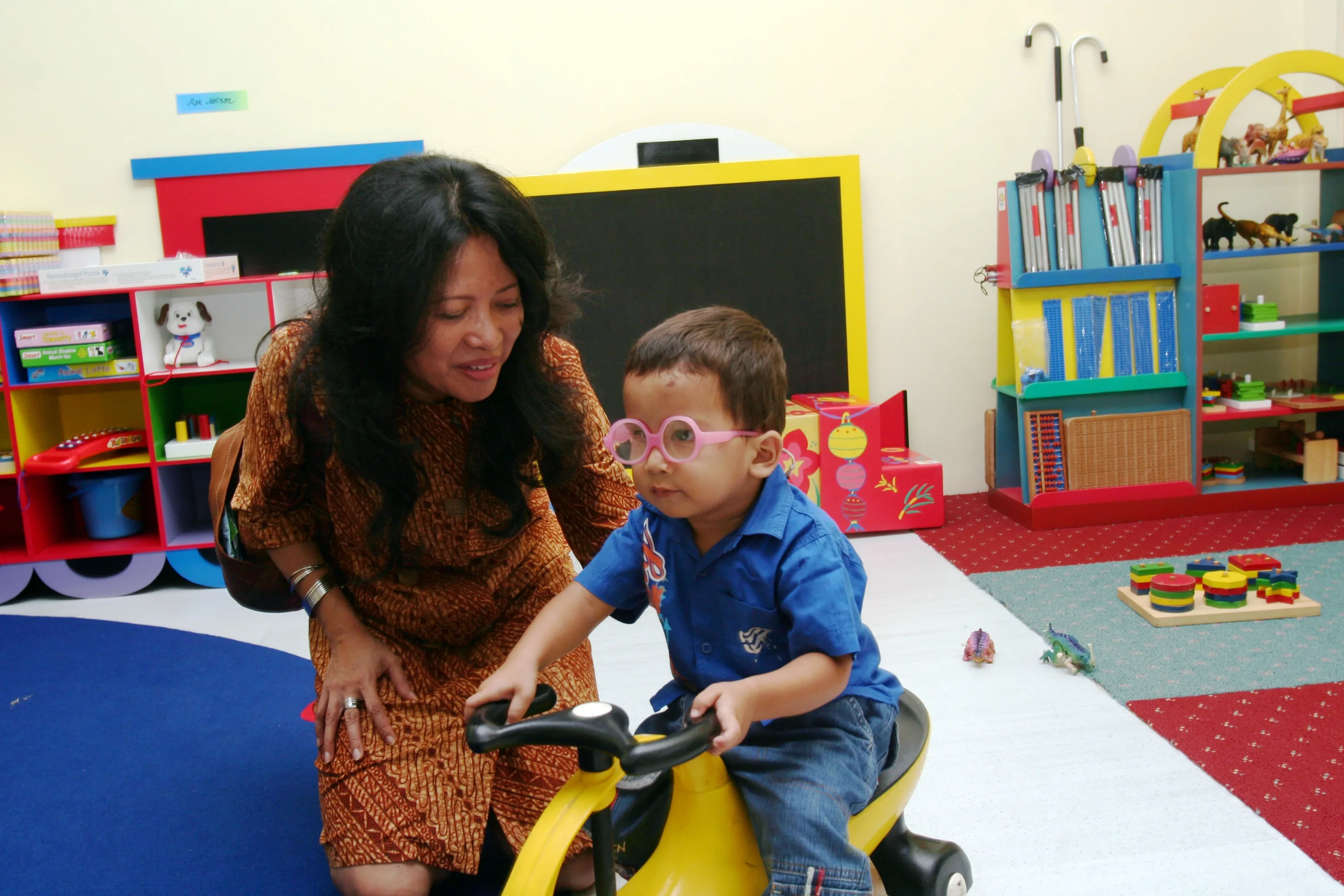 The Number of Children with Disabilities in Care Homes in Bulgaria Decreases - Reform Continues
The Number of Children with Disabilities in Care Homes in Bulgaria Decreases - Reform Continues Demographic decline as an economic shock: how Bulgaria is aging and this is already felt in pensions, healthcare and regions
Demographic decline as an economic shock: how Bulgaria is aging and this is already felt in pensions, healthcare and regions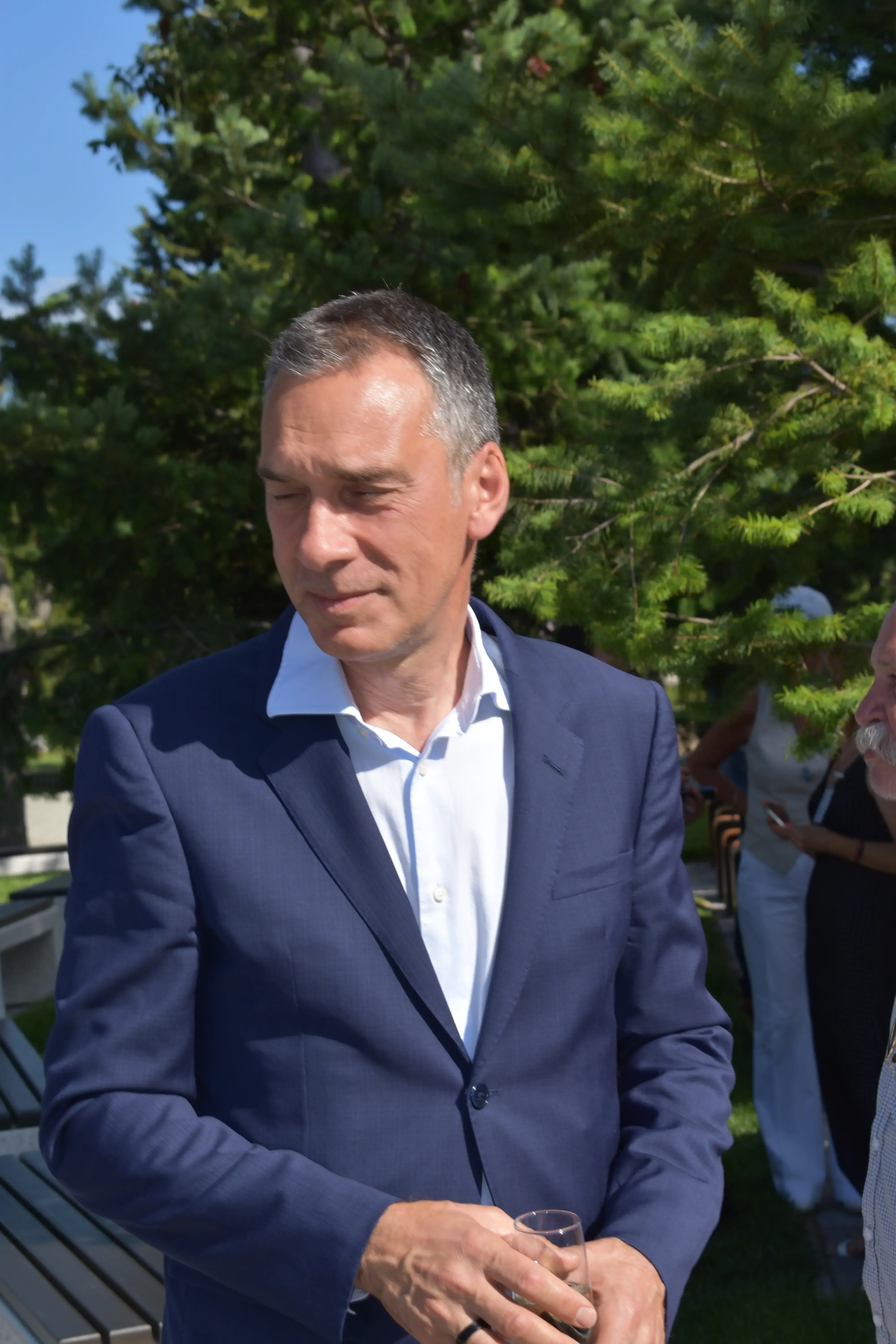 The Mayor of Burgas Proposes a Kindergarten Branch in the Pobeda Quarter
The Mayor of Burgas Proposes a Kindergarten Branch in the Pobeda Quarter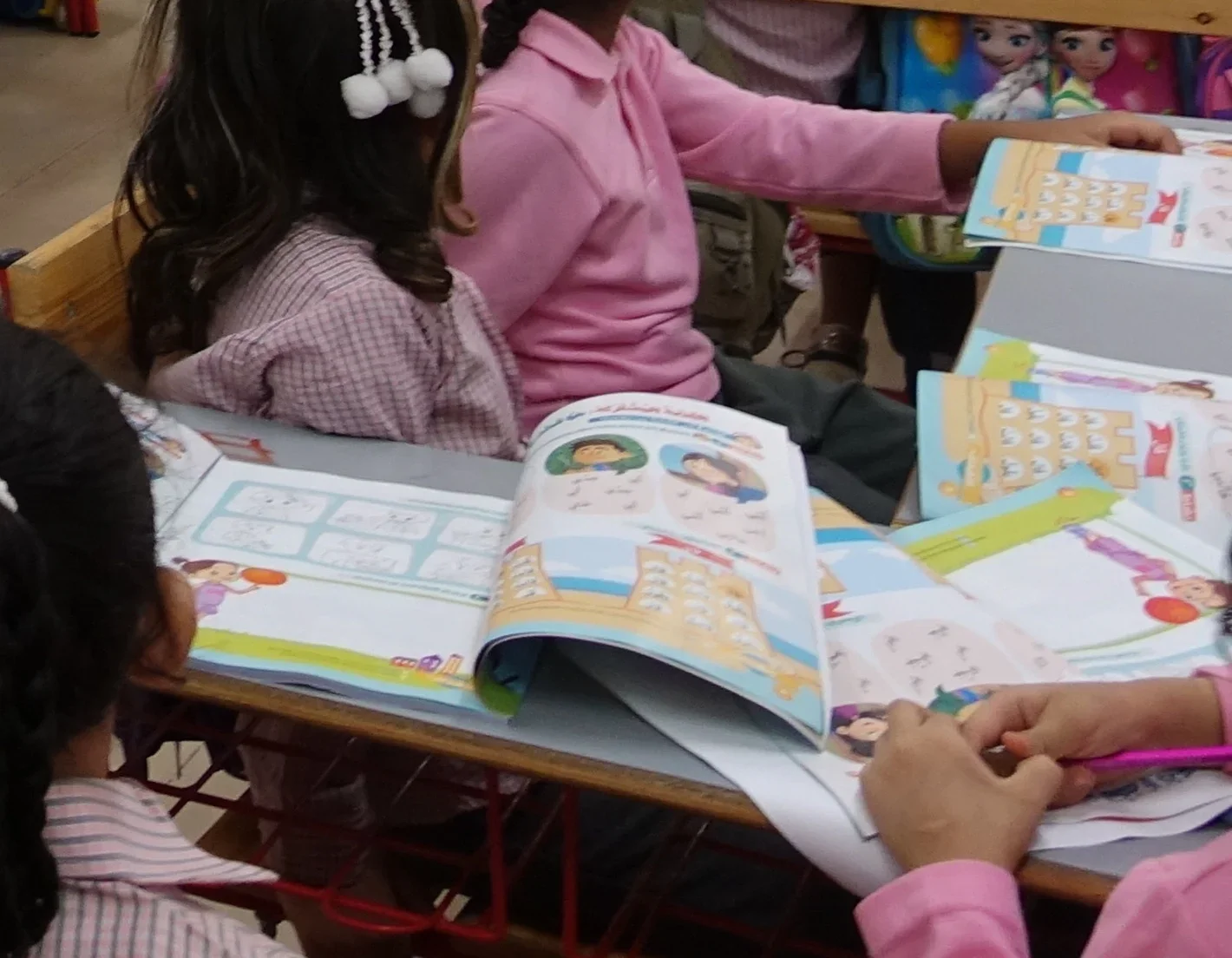 New Textbooks for the Euro: Changes in Textbooks from "Prosveta" for the 2026/2027 School Year
New Textbooks for the Euro: Changes in Textbooks from "Prosveta" for the 2026/2027 School Year
Disclaimer:
This article is an analytical review by the BurgasMedia editorial board and reflects the opinion of an expert group based on current political, economic, and social developments.
The conclusions presented are not predictions or factual statements, but a hypothetical interpretation of possible scenarios.
The publication is not responsible for any discrepancies with future developments and encourages readers to form independent judgments based on verified sources.


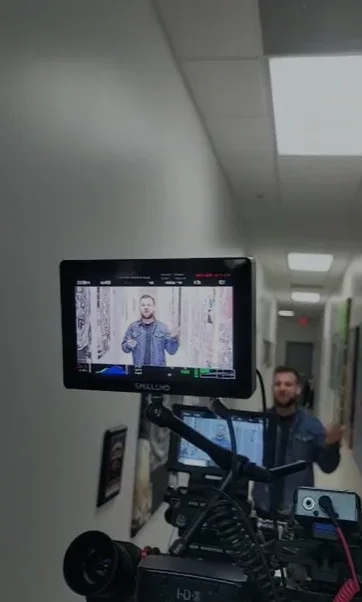
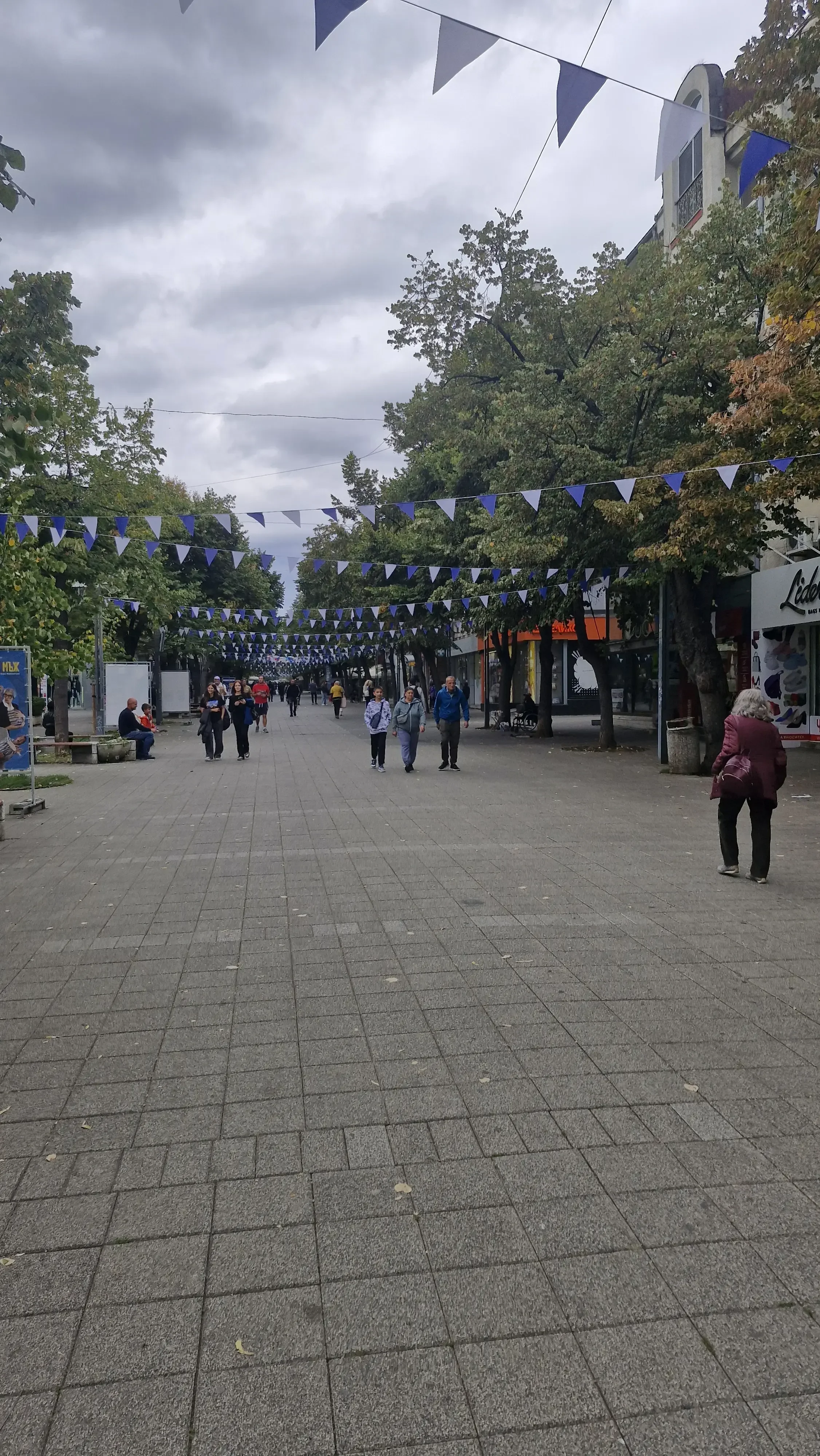
Коментари (0)
Все още няма коментари.